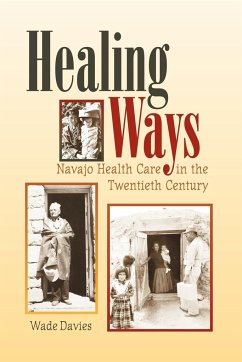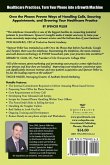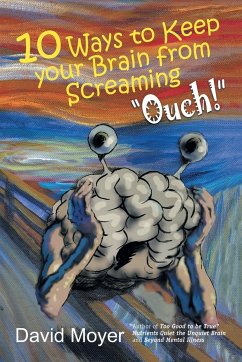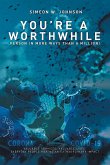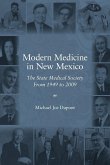Since the end of World War II, Navajo healing traditions have slowly been integrated into the Western medical institutions that serve the Diné. The history of Western medical care on Navajo reservations in the twentieth century, however, demonstrates that the incorporation of indigenous healing practices did not come without struggle. The advent of American mass culture, urbanization, and other forces made it difficult for young Diné to learn and preserve the old ways. At the same time, non-Native medical providers, missionaries, and U. S. government officials sometimes hindered the effort of the Diné to use traditional ceremonies and medical care. Focusing on the post-World War II period, Davies's detailed study begins where Robert Trennert's White Man's Medicine (1998), the only other general history of Western medicine among the Navajo, ends. Chronicling the advent of so-called "western" or "scientific" medicine in the modern era, including the development of indigenous healing traditions and such new institutions as the Native American Church, Davies shows the skill and adaptability of Diné in accepting the services of physicians while keeping the work of traditional healers among their health-care options. Davies also explores contemporaneous Navajo critiques of both "high-tech" and traditional health-care modes, detailing Navajo battles to integrate their healing practices into government and private health-care systems. The will of the Diné people to achieve self-determination in health care--and, indeed, to view health and healing in a broad and interactive context--has been so resolute that both tribal leadership and federal officials have been forced to acknowledge and contend with the Diné insistence on shaping Western medicine to fit their way of life. "The Diné," one of Davies' informants states, "are learning to function in two different worlds," and, in so doing, are intent on seeking the best of both.
Hinweis: Dieser Artikel kann nur an eine deutsche Lieferadresse ausgeliefert werden.
Hinweis: Dieser Artikel kann nur an eine deutsche Lieferadresse ausgeliefert werden.

